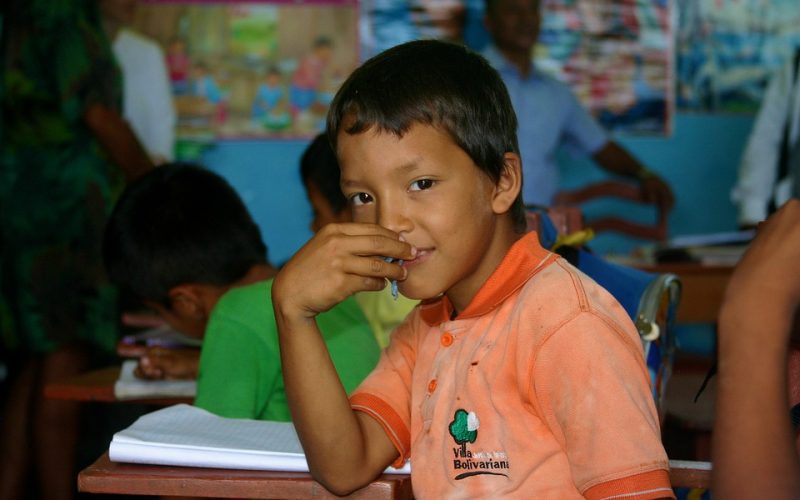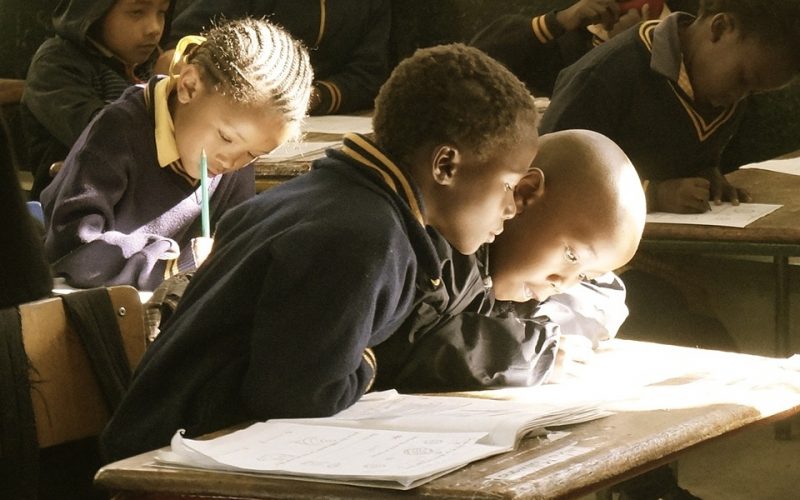Latest Posts
The ROI of Further Education in Healthcare
Investing in further education is a significant decision for any professional, especially within the demanding field of healthcare. The commitment of time, energy, and finances...
MOREAsia Outperforming The West
When examining global educational performance, one question often arises: why do children educated in parts of Asia frequently outperform their peers in the West? High expectations...
MOREStructure and Rigour
Germany’s education system is renowned for its structure, rigour, and emphasis on comprehensive development from a young age. Starting with preschool, or Kindergarten, children as...
MOREEducation in Thailand
As more societies are welcomed to the modern world, providing education for the majority of the population has become an important issue. Previously considered a...
MOREThe Challenges of Schooling in Brazil
Nearly half the continent of South America is enclosed within the country of Brazil, so it is little wonder they have an extremely large public...
MOREStudying in China
Long considered a sleeping giant, China’s population is more than a billion people. The profession of teaching has traditionally been a respected one, and it...
MOREPublic Education in Burundi
Africa is a continent full of mystery to those who do not live there, and many people focus on the ancient civilizations or currents events...
MORE

















